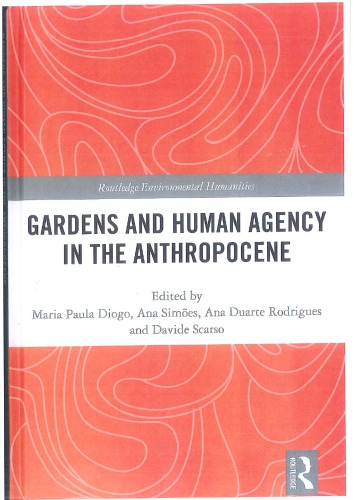

Most ebook files are in PDF format, so you can easily read them using various software such as Foxit Reader or directly on the Google Chrome browser.
Some ebook files are released by publishers in other formats such as .awz, .mobi, .epub, .fb2, etc. You may need to install specific software to read these formats on mobile/PC, such as Calibre.
Please read the tutorial at this link: https://ebookbell.com/faq
We offer FREE conversion to the popular formats you request; however, this may take some time. Therefore, right after payment, please email us, and we will try to provide the service as quickly as possible.
For some exceptional file formats or broken links (if any), please refrain from opening any disputes. Instead, email us first, and we will try to assist within a maximum of 6 hours.
EbookBell Team

0.0
0 reviewsThis volume discusses gardens as designed landscapes of mediation between nature and culture, embodying different levels of human control over wilderness, defining specific rules for this confrontation and staging different forms of human dominance.
The contributing authors focus on ways of rethinking the garden and its role in contemporary society, using it as a crossover platform between nature, science and technology. Drawing upon their diverse fields of research, including History of Science and Technology, Environmental Studies, Gardens and Landscape Studies, Urban Studies, and Visual and Artistic Studies, the authors unveil various entanglements woven in the past between nature and culture, and probe the potential of alternative epistemologies to escape the predicament of fatalistic dystopias that often revolve around the Anthropocene debate.
This book will be of great interest to those studying environmental and landscape history, the history of science and technology, historical geography, and the environmental humanities.